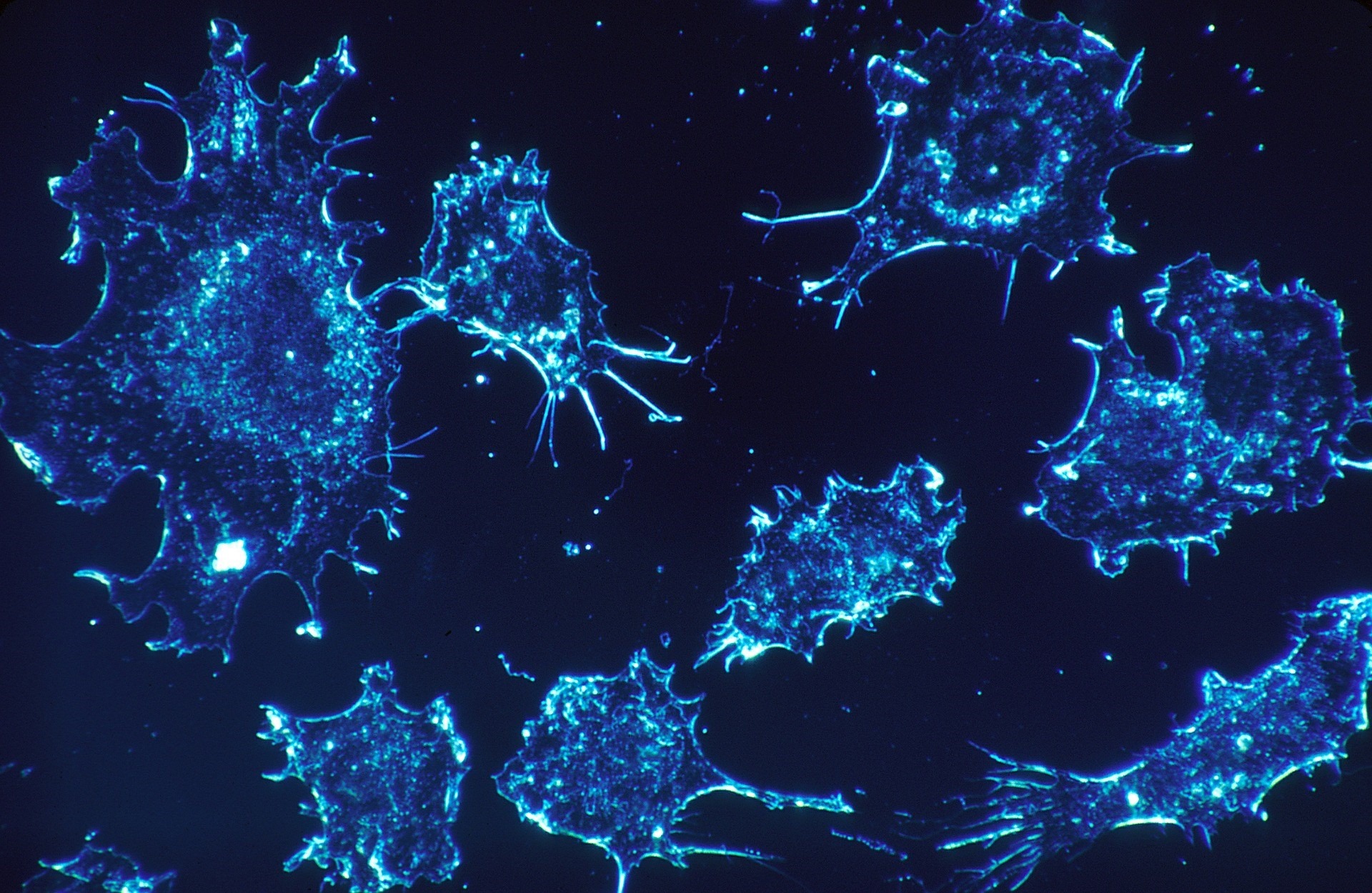INVITATION TO INTRODUCTORY LECTURE
Evolution and Cancer Interplay: From Cells to Populations
by Dr Konstantinos Voskarides, Assistant Professor of Genetics and Molecular Biology, University of Nicosia Medical School
Cancer is considered a somatic micro-evolutionary procedure, where multiple bottleneck phenomena drive carcinogenesis and cancer drug resistance. Recent astonishing results show that our cells are full of mutations in tumor suppressor genes, but only a small minority of cells will be transformed to malignant ones. Are cancer mutations beneficial someway for normal cells? Beyond this, research of the last few years provided evidence that mutations in oncogenes and tumor-suppressor genes may have been established in human and animal populations due to previous survival under extreme environments. This phenomenon is known as “antagonistic pleiotropy”, an old hypothesis proven now to be true. Is increased cancer incidence a result of previous evolutionary adaptations? GWAS and WGS data are massively produced today, permitting in depth investigation of such complicate evolutionary phenomena. Additionally, experimental evolution using vertebrates, like zebrafish, can greatly facilitate our understanding on the role of evolution to malignancies and other diseases.

ABOUT THE SPEAKER
Dr Voskarides holds a BSc in Biology from Aristotle University of Thessaloniki and a PhD in Molecular Biology and Genetics from University of Cyprus. He is currently a Senior Editor at the Springer journals “BMC Medical Genomics” and “Journal of Molecular Evolution”. Dr Voskarides has expertise on medical and evolutionary genetics. He contributed to the discovery of new genes causing familial renal diseases and he also deciphered the genetic origins of Greek-Cypriots.
Between 2010-2015 he contributed to the establishment of the first Biobank in Cyprus and afterwards the first zebrafish facility in Medical School of University of Cyprus. Dr Voskarides recently discovered a possible link between cancer incidence and previous evolutionary adaptations, a study that gained a lot of attendance by news media in 2018.
His current research is mainly focused on comparative and evolutionary genetics of cancer genes, having introduced zebrafish as an animal model to experimental evolution. He is also interested on analysis of GWAS data regarding rheumatic and psychiatric diseases. Dr Voskarides has so far authored 58 articles in prestigious journals, he has an h-index 23, and he is the Editor of a book in Spriger Publishing Group.


